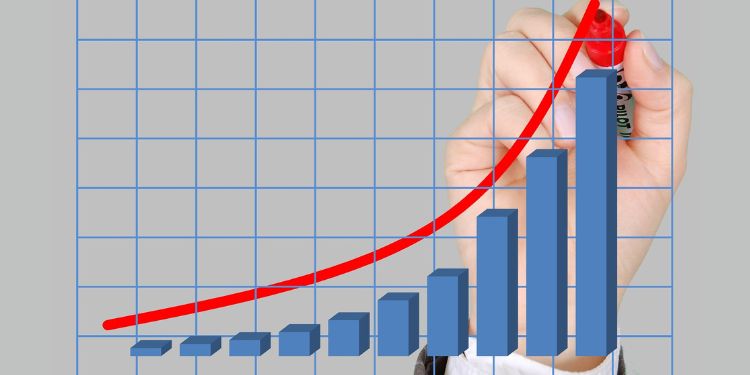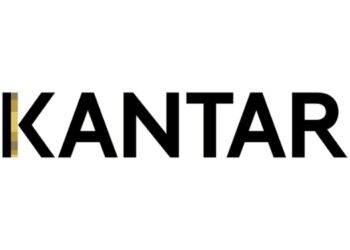Kantar, a marketing data and analytics company, released findings from its second edition of India union budget survey. This survey maps consumer sentiments and expectations from the union budget 2023, just ahead of its unveil on Feb 1st.
With no clear end in sight of the Russia-Ukraine war, an expected slowdown in Europe & US and with 9 Indian states heading into assembly polls in 2023, the mood of the nation is one of cautious optimism.

Commenting on this year’s survey, Deepender Rana, Executive Managing Director- South Asia, Insights Division, Kantar, said, “Indians are largely positive about the macroeconomic performance of the country in 2023. Belief in the India growth story amongst older & affluent class is quite strong. However, the global economic slowdown might play spoilsport. Most expect the government to play the role of a protector and take stringent measures to curb inflation to prevent the economy from slipping into a recession, as it directly impacts their household budget as well as their job prospects. As always, consumers are looking for some sort of a relief in the income tax regulations and a middle-class friendly budget overall.”
Key highlights from the survey:
1. A quick recap of 2022 unveils that most urban Indians were happy with last year’s budget, with 73% claiming it positively impacted their household. Most optimistic was the businessmen/ self-employed segment at 80%.
- While the hope is that the worst is over, the pandemic has still not disappeared yet, hence a majority (55%) still wants continued focus on healthcare in this budget as well. This number however is significantly lower than last year’s (66%).
2. At a macroeconomic level, most have a positive outlook:
- 50% believe that the Indian economy will grow in 2023 as against 31% who feel there will be a slowdown. Non metros at 54% are more optimistic as compared to metros.
- 55% believe that Sensex will hover around the 70,000 mark by year end. A sizeable 40% expect it to potentially cross 70,000 as well. This is more amongst the affluent (58%) and older 36-55yr olds (54%).
3. However, the global economic slowdown and a potential resurgence of COVID are key areas of worry for Indians.
- 3 out of 4 people are worried about the rising inflation and want the government to introduce decisive measures to tackle the same.
- Every 1 in 4 Indian is also concerned about the threat of job layoff. This is relatively higher in the affluent (32%), older 36–55 year-olds (30%) and salaried classes (30%).
4. Consumers expect an announcement in policy changes with respect to income tax:
- Increasing basic income tax exemption limit (from current INR 2.5 Lacs) is the most common expectation among consumers followed by the increase in the threshold limit of highest tax slab rate of 30% (from current INR 10 Lacs). The former is notably higher amongst the Salaried segment (42%) while the latter is expected more by businessmen/ self-employed (37%) and older 36-55 year olds (42%) segments.
- Two thirds also want to see an increase in the tax rebate for investments under 80C.
- With rising healthcare costs, compounded by rising inflation concerns impacting household incomes, increase in rebate on medical/ health insurance is the next big ask among the consumers (45%). This is voiced more by the salaried segment at 49%.
5. With increasing oil prices and climate change/ sustainable living related discussions becoming commonplace, electric mobility is also becoming more than a buzz word. A slew of electric 2-wheeler & 4-wheeler launches in India in the past few years and even more launch announcements at Auto Expo 2023 has brought this category in the news once again. However, for consumers to move away from traditional ICE vehicles to EVs, they will require incentivisation and infrastructural support. Unsurprisingly, this is another area where the budget allocation is expected to increase.
6. The new tax regime option enters its 3rd year and seems the consumers are gradually becoming more decisive about the same. In 2022, 15% Indians were undecided about it’s usage and benefits for them, which has now reduced to a half at 8% in 2023.
- Over 50% claim to be in favour of the new tax regime now and this proportion is higher amongst the affluent (60%) and salaried segment (58%).

















